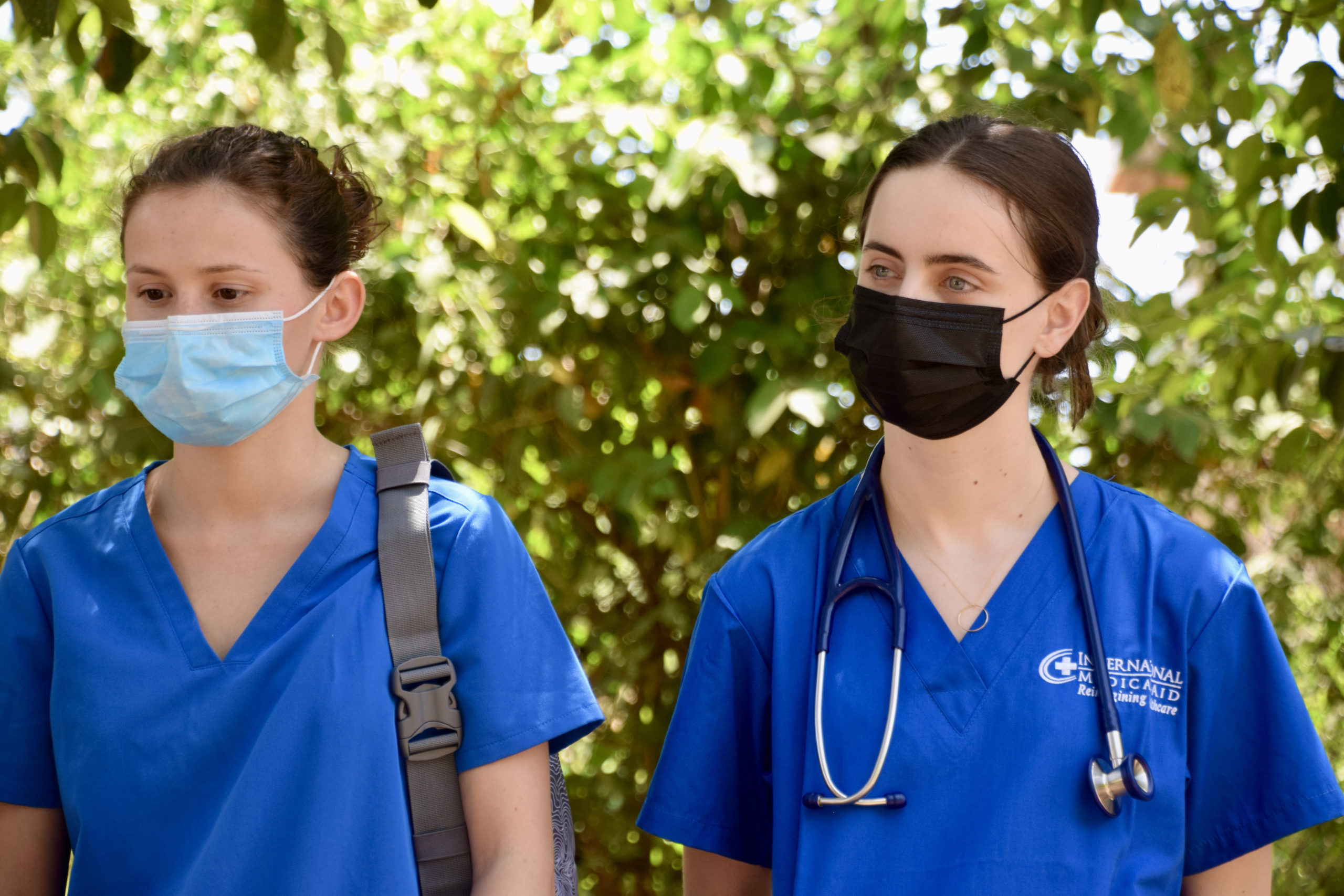Nursing remains one of the most critical professions in modern society. Nurses are often the first to respond when emergencies occur and are found across a wide range of settings—from hospitals and clinics to schools and community centers. As the demand for quality healthcare grows, so does the need for well-trained, compassionate nurses who can adapt to rapidly changing environments in numerous nursing specialties.
Here, we will discuss the foundational benefits of a career in nursing but also outline six important facts about nursing that you may not have known. Additionally, we explore various nursing specialties and the benefits of internships and offer further resources to help guide your educational and professional journey.
Six Important Facts About Nursing
Below are six key facts about nursing, each illustrating why this profession is both challenging and rewarding.
1. Nurses Specialties in a Variety of Fields
One of the greatest strengths of nursing is its versatility. Nurses can choose from a wide range of specialties based on their interests and strengths. Here are some examples:
Pediatric Nursing
Pediatric nurses care for infants, children, and adolescents in settings such as children’s hospitals and pediatric clinics. They address the unique needs of young patients and work closely with families to ensure comprehensive care.
Oncology Nursing
Oncology nurses specialize in caring for cancer patients. Their roles include administering chemotherapy, managing side effects, and providing emotional support during treatment.
Critical Care Nursing
Critical care nurses work in high-acuity environments such as intensive care units (ICUs) where patients require constant monitoring and advanced life support. They must remain calm under pressure while delivering precise, lifesaving care.
Mental Health Nursing
Specializing in mental health, these nurses assist patients with psychiatric conditions in various settings—from inpatient psychiatric units to community mental health centers. Their work involves therapeutic interventions and crisis management.
Emergency Nursing
Emergency nurses are on the front lines in hospital emergency departments and urgent care centers. They perform rapid assessments, stabilize critical conditions, and manage acute emergencies.
Geriatric Nursing
Geriatric nurses focus on the health needs of older adults, addressing chronic conditions, mobility issues, and overall well-being. With an aging population, this specialty is increasingly important.
Perioperative Nursing
Perioperative nurses assist in surgical settings, preparing patients for surgery and managing postoperative care. Their meticulous attention to detail is critical for ensuring patient safety.
Community Health Nursing
Community health nurses work in public health settings, focusing on disease prevention, health education, and improving community well-being. They often serve in schools, community centers, or home care environments.
These specialties show that nursing offers a variety of paths—ensuring that no matter what your interests are, there is a niche that fits your passion and skill set.
2. You Can Study Online
Advancements in technology have made online nursing education more accessible and flexible than ever. Many accredited programs now offer online courses or hybrid formats that allow students to balance work, life, and studies. Online programs are particularly attractive for working professionals who wish to advance their careers without pausing their professional lives. Accredited online courses provide the same quality education as traditional classroom settings, often with added flexibility that helps you manage your schedule more effectively.
3. Nursing Is a Vital Profession That Saves Lives Every Day
Nurses are indispensable in the healthcare system, playing a critical role in patient care around the clock. Whether responding to emergencies, providing routine care, or supporting patients during critical procedures, nurses save lives every day. Their constant presence and dedication ensure that patients receive timely and effective care, even during the most challenging times. This vital contribution to society makes nursing a profoundly rewarding career.
4. Nursing Is One of the Most Common and Complex Careers in America
In the United States, nursing is one of the largest and most diverse professions. There are more registered nurses than any other single occupation in healthcare, reflecting the critical need for skilled nursing care. The complexity of nursing arises from the demanding nature of the work and the breadth of knowledge required—from clinical skills and patient management to communication and emotional support. This combination of high demand and challenging work makes nursing both a common and highly respected career choice.
5. Nurses Are Trained Professionals
Becoming a nurse requires rigorous education and training. Nurses must complete accredited nursing programs, which cover extensive coursework in anatomy, physiology, pharmacology, and patient care. Many programs also include clinical rotations, where students gain practical experience in diverse healthcare settings under the supervision of experienced professionals. This comprehensive training ensures that nurses are well-prepared to handle complex patient care scenarios and make informed decisions under pressure.
6. Nursing Is a Stable Career with Many Opportunities for Growth
Nursing offers a stable career path with numerous opportunities for advancement. The high demand for nurses across the country ensures that job opportunities remain plentiful, even in challenging economic times. Additionally, there are various pathways for career progression—whether through specialization, advanced degrees, or leadership roles. This stability, coupled with the potential for personal and professional growth, makes nursing an attractive choice for many individuals seeking a long-term career.






